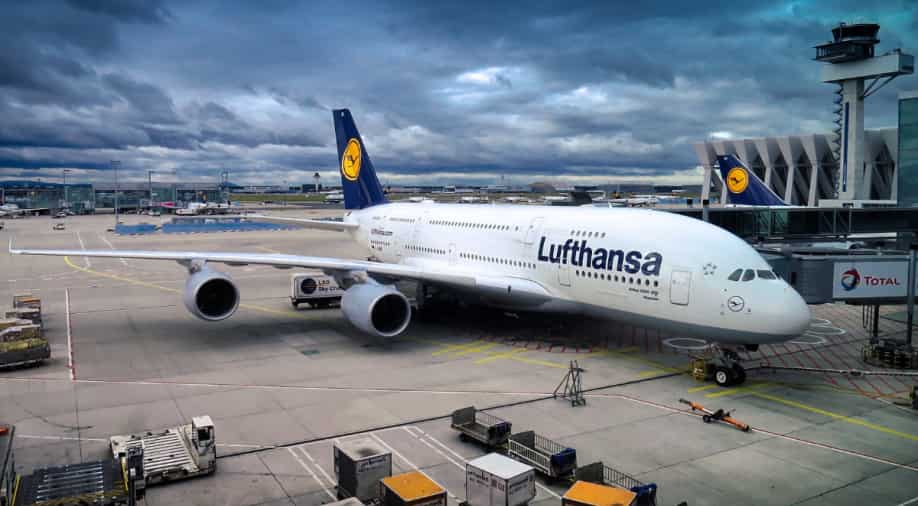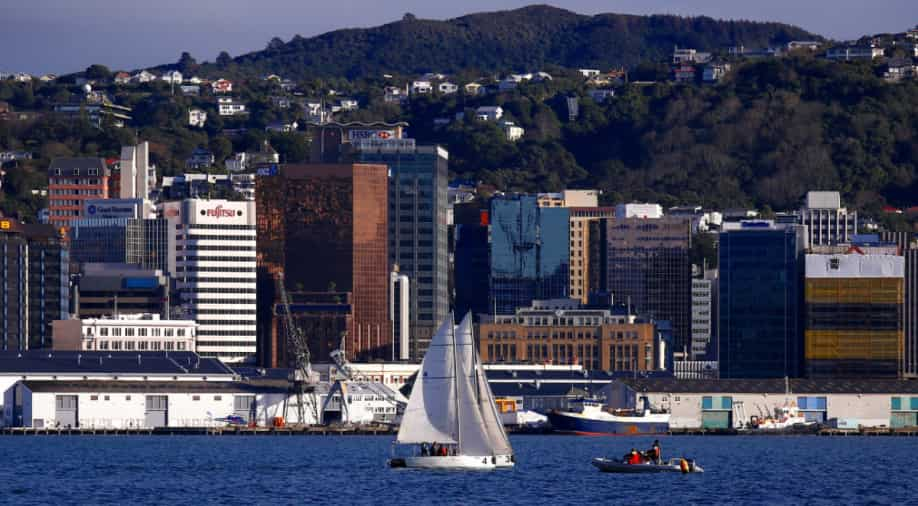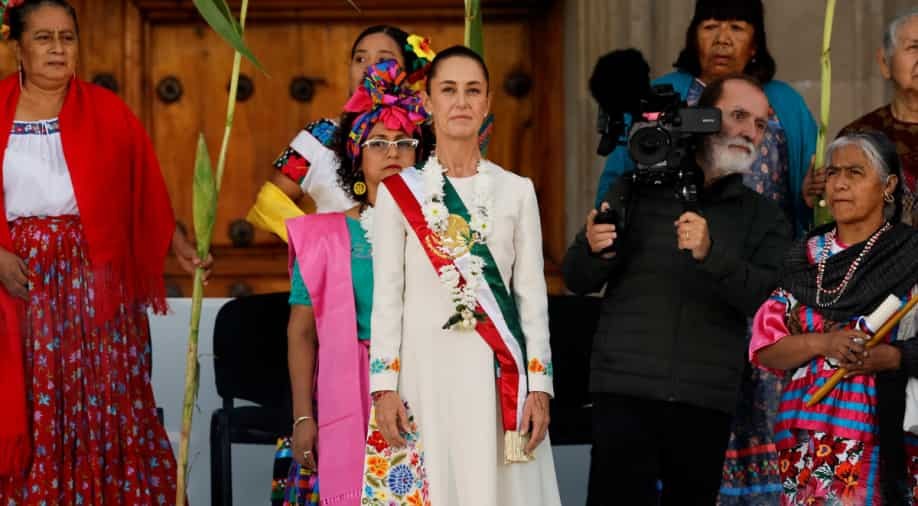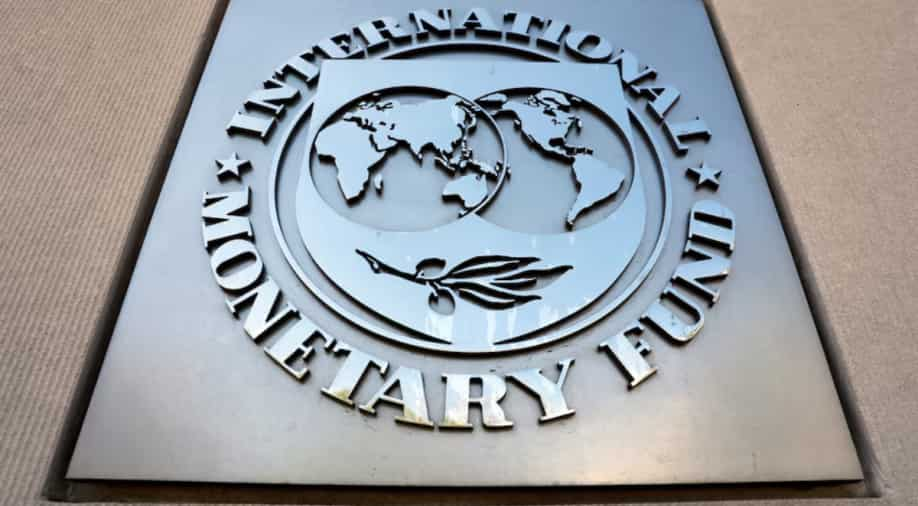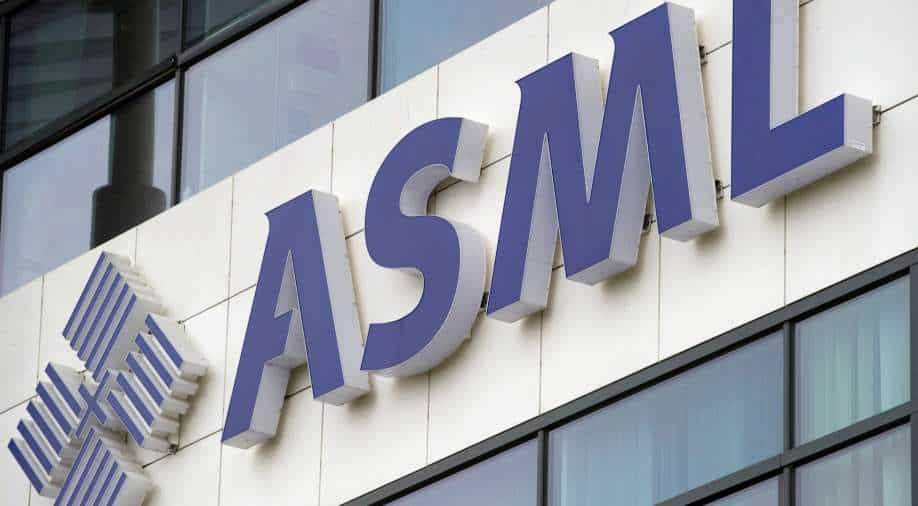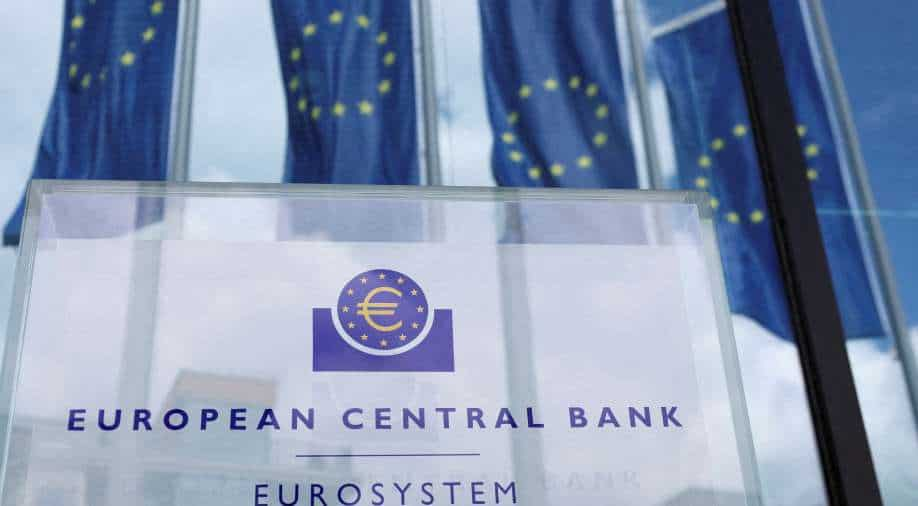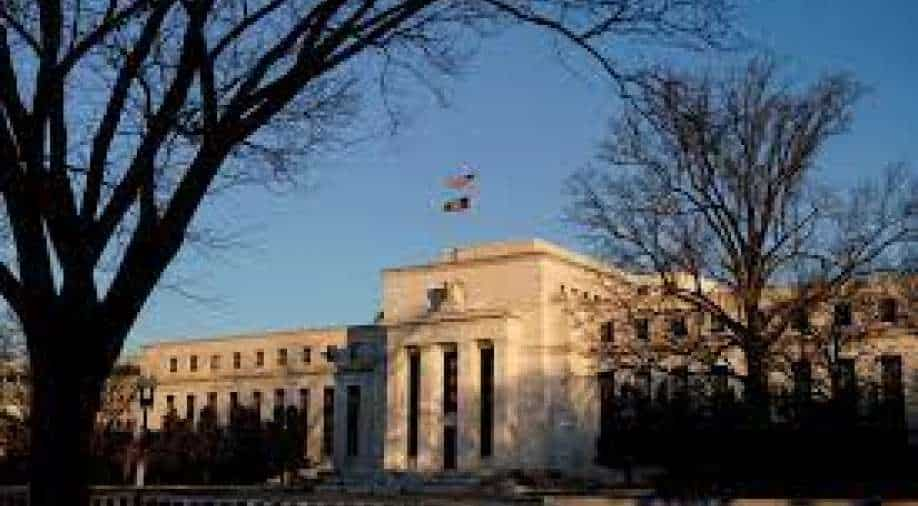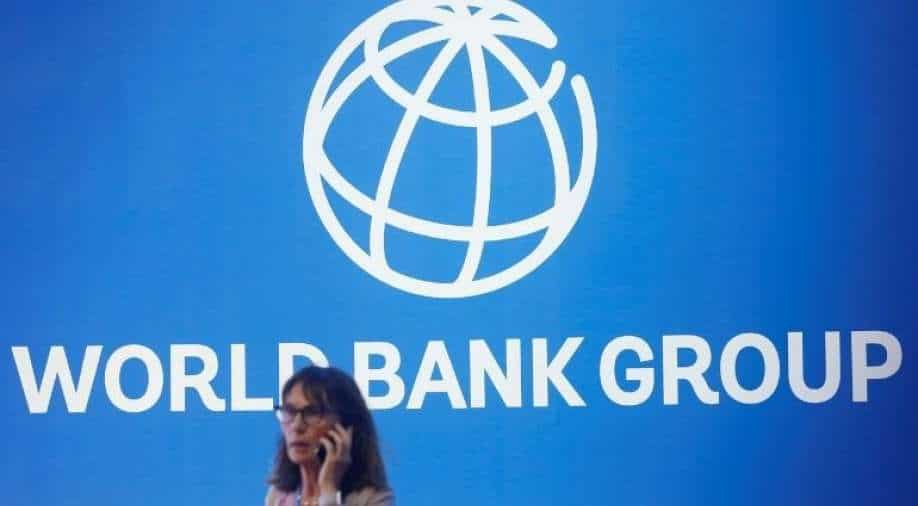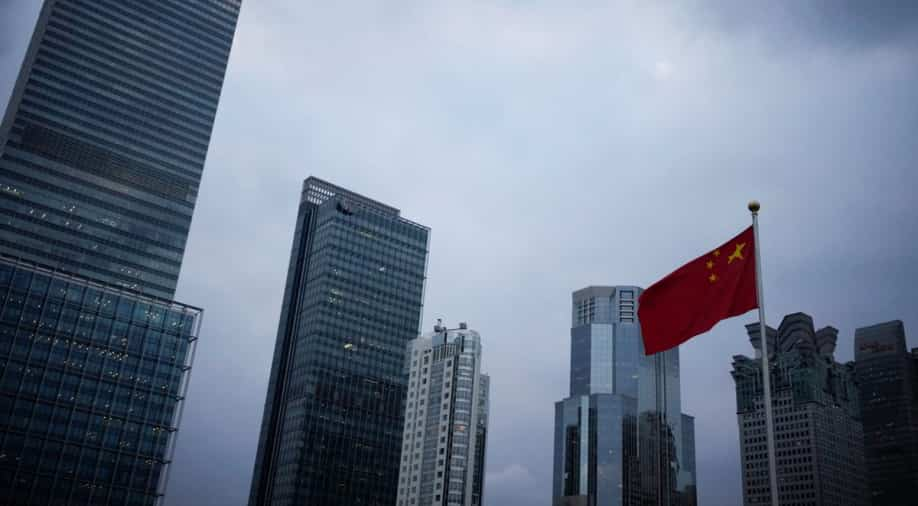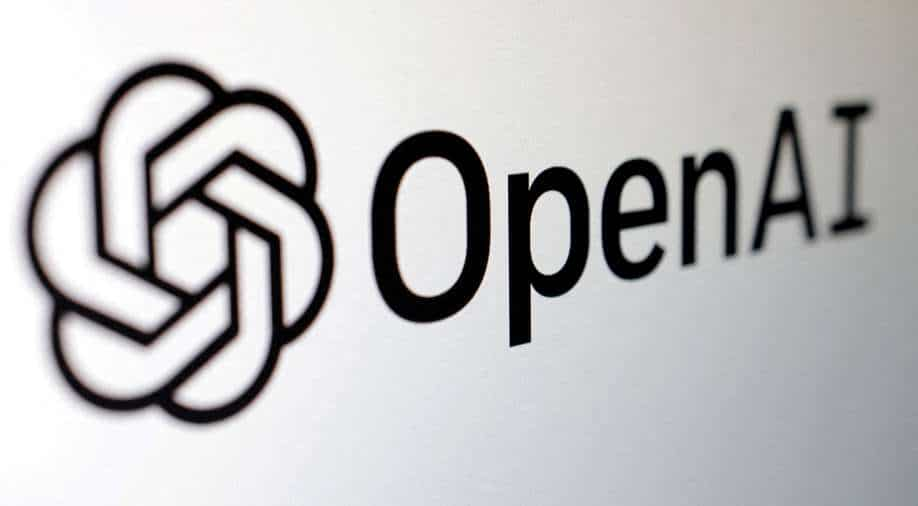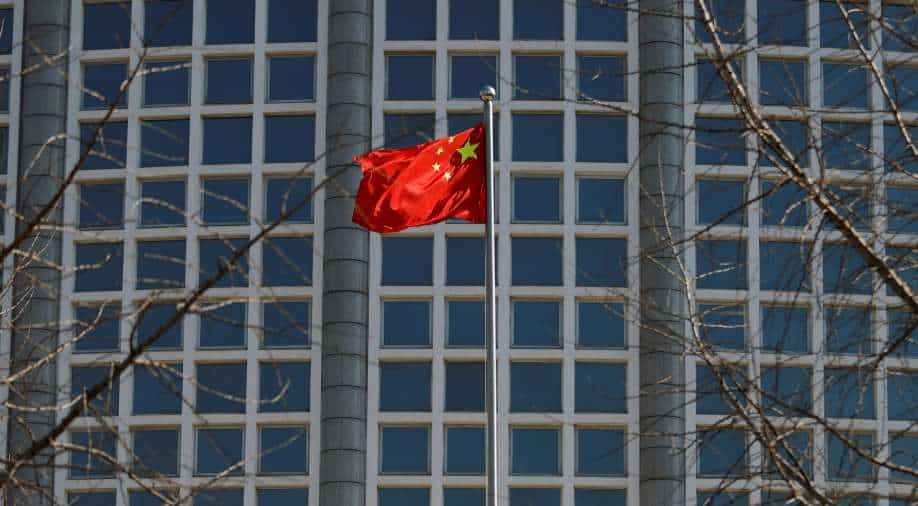New Zealand's annual inflation rate dropped sharply in the third quarter, its first return to the central bank's target range in over three years. The rate fell to 2.2 per cent from 3.3 per cent in the second quarter, Statistics New Zealand reported Wednesday in Wellington. That was in line with economists' expectations and better than what the Reserve Bank had forecast, at 2.3 per cent. Consumer prices increased 0.6 per cent from three months earlier, less than what economists estimated at 0.7 per cent. The RBNZ started an easing cycle in August with a 25 basis-point cut in the Official Cash Rate and accelerated the pace last week, cutting it by 50 points to 4.75 per cent. With inflation cooling sharply and the economy probably back in recession, the outlook is for a further significant cut at its final meeting of the year on Nov. 27. “Pricing pressures have cooled appreciably, and there is the risk of inflation settling below 2%,” said Mark Smith, senior economist at ASB Bank in Auckland. “A 50 basis-point cut in November followed by a sequence of 25-point cuts and a 3.25% OCR endpoint is our base case scenario, but risks are tilted to more front-loaded policy easing.” The New Zealand dollar fell after the report, buying 60.69 US cents at 11:21 a.m. in Wellington, down from 60.90 cents beforehand. The swaps data show traders now see a 45 per cent chance the RBNZ could cut the OCR by 75 basis points next month. Domestic Prices The RBNZ aims to have inflation around the 2 per cent midpoint of its target range, which is set at 1-3 per cent. It was last within this target range in the first quarter of 2021. In 2022, inflation peaked at 7.3 per cent. Imported or so-called tradable prices are behind most of the decline in the annual rate and fell 1.6 per cent from a year ago. This is the first annual decline since late 2020. Annual non-tradable inflation, a closely watched indicator of domestic price pressures, softened to 4.9 per cent in Q3 from 5.4 per cent in Q2, today’s report showed. The RBNZ had projected 5.1 per cent in its August forecast. Rents and council rates made up the bulk of the annual inflation rate, the statistics agency said. Insurance costs rose 12.9 per cent over the year. “Domestic inflation is still elevated, and not just because of items like council rates,” said Satish Ranchhod, senior economist at Westpac in Auckland. “That ‘stickiness’ in domestic prices will be important for how far and fast inflation eases, especially with interest rates now moving down.” This article includes reporting from Bloomberg. None
Popular Tags:
Share This Post:

Alibaba claims its new AI translation tool outperforms Google and ChatGPT
October 17, 2024
Amazon goes nuclear: investing over $500 million to develop small modular reactors
October 17, 2024What’s New
Spotlight
New Zealand inflation declines to lowest rate since 2021
- by Sarkai Info
- October 16, 2024
Today’s Hot
Global public debt to pass $100tn this year: IMF Report
- By Sarkai Info
- October 16, 2024
Featured News
Latest From This Week
China's ministry of finance takes bold steps to address debt and revive economic growth
BUSINESS-ECONOMY
- by Sarkai Info
- October 15, 2024
Fed governor Waller emphasises caution in potential interest rate cuts
BUSINESS-ECONOMY
- by Sarkai Info
- October 15, 2024
World Bank reports that 26 poorest countries are in worst financial shape since 2006
BUSINESS-ECONOMY
- by Sarkai Info
- October 14, 2024
Subscribe To Our Newsletter
No spam, notifications only about new products, updates.


